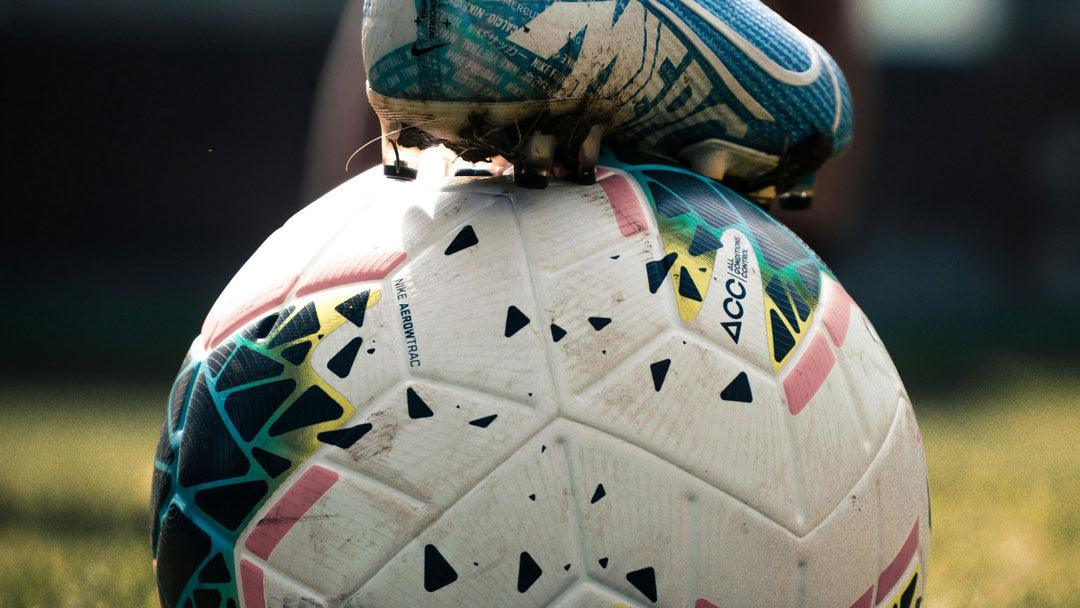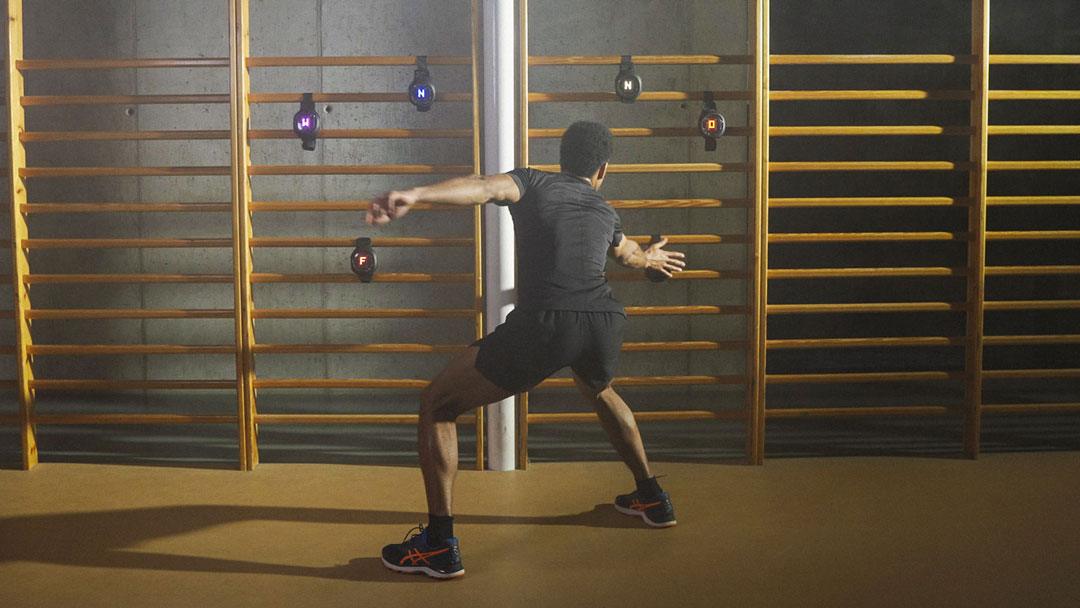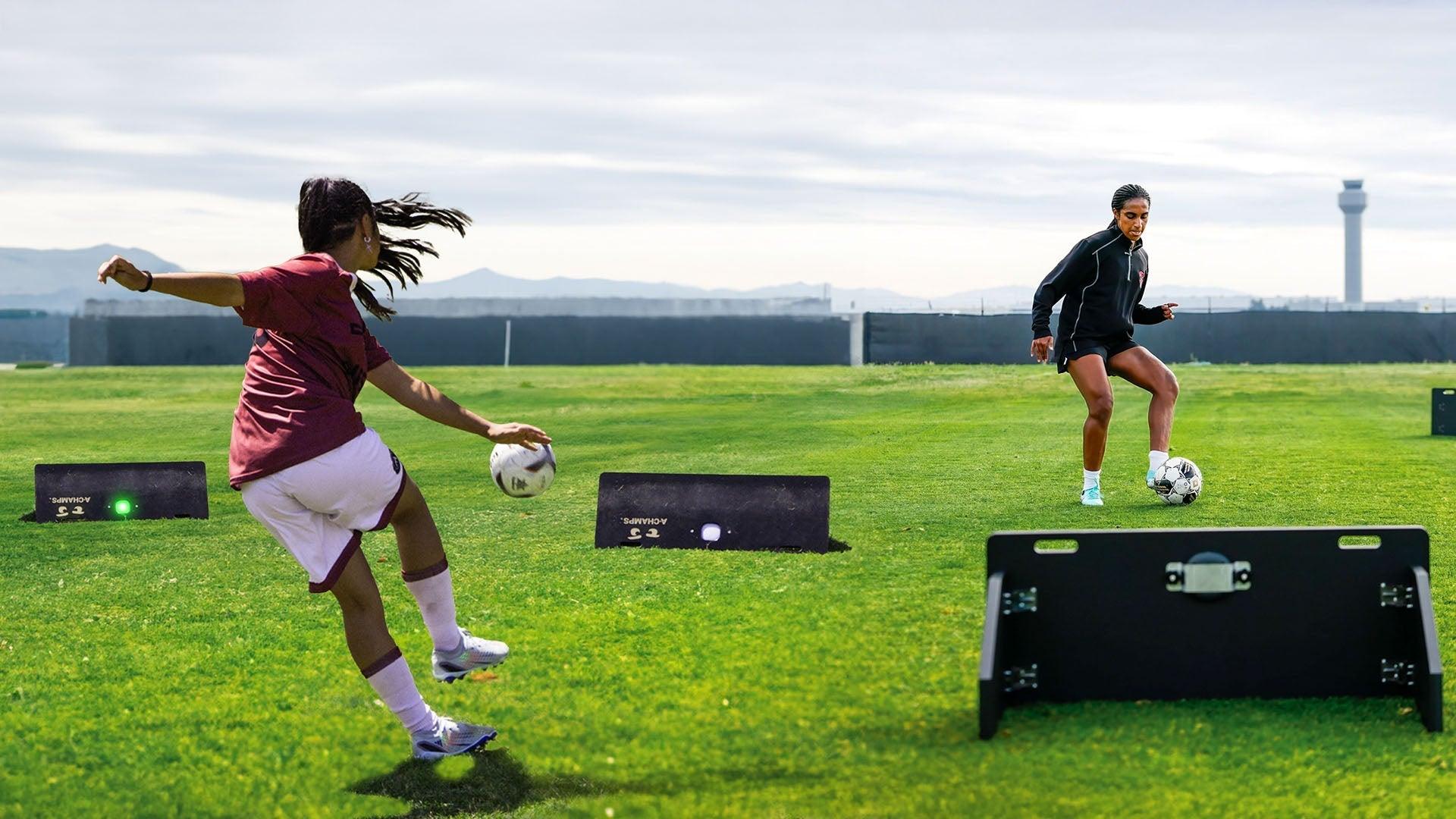Soccer is more than just a game. It’s a blend of art and science that demands both physical strength and smart strategy. Whether you play for a local team or dream of the professional stage, learning how to get better at soccer is essential to your growth as an athlete.
This guide breaks down the key elements of soccer improvement — from training and mindset to recovery and technology. You’ll learn how to strengthen your skills, avoid common mistakes, and take your game to the next level.
Key Factors in Getting Better at Soccer
1. Physical Training
Strength, endurance, and agility are the foundation of soccer performance. Cardiovascular workouts, strength sessions, and flexibility training all help build these core abilities.
Be mindful not to overtrain. Recovery is just as important as effort. Listen to your body and include rest days to prevent fatigue and injury.
2. Technical Skills
Ball control, passing, dribbling, and shooting are the building blocks of the sport. Regular, focused practice helps sharpen these skills over time.
To stay motivated, vary your drills and challenge yourself with progressive difficulty. Consistency beats intensity—practice daily, even for short sessions.
- Start with basic control and passing drills.
- Add shooting accuracy and movement combinations.
- Record your progress to track improvement.
3. Tactical Understanding
Tactics separate good players from great ones. Learn different formations, study how teams transition between defense and attack, and understand your position’s responsibilities.
Watch professional games with purpose—observe how players move without the ball and how they read the game. Soccer IQ grows through observation and repetition.
4. Mental Toughness
Mental resilience helps you handle pressure and setbacks. Visualization, breathing exercises, and mindfulness can strengthen your mindset during intense matches.
Set personal goals, celebrate progress, and remember: a strong mind supports consistent performance.
5. Nutrition and Rest
Fuel your training with a balanced diet rich in protein, complex carbs, and hydration. Good nutrition supports recovery, focus, and energy.
Sleep is your best recovery tool. 7–9 hours per night allows your muscles and brain to recharge for the next session.
6. Using Technology and Equipment
Modern tools like the A-Champs ROX Reaction Lights can level up your training. They help develop reaction speed, focus, and coordination through light, sound, and vibration cues.
Combine these smart tools with traditional training for the best results. Technology should enhance—not replace—effort and discipline.
7. Feedback and Continuous Improvement
Regular feedback turns training into progress. A-Champs ROX Systems provide real-time performance data so you can see your improvements after every session.
With over 425 guided exercises available in the A-Champs App, you can target cognitive speed, reaction time, and technical precision. Designed with input from sports scientists, these programs help you train smarter and stay motivated.
- Track your stats and progress weekly.
- Compare results with teammates to fuel friendly competition.
- Adjust your training plan based on real-time data.
8. Continuous Learning and Adaptation
Soccer evolves constantly. Stay open to learning new techniques, strategies, and drills. Attend workshops, follow top coaches, and learn from every match you play.
Adapting to change is a sign of growth—and that’s what great players do best.
9. Building a Support System
Behind every successful player is a strong support network. Surround yourself with coaches, mentors, teammates, and family who believe in your progress.
Encouragement and constructive feedback keep you grounded and focused, especially during tough moments.
10. Balancing Teamwork and Individual Skill
Soccer is a team sport, and chemistry on the field is everything. Learn to anticipate your teammates’ movements and communicate effectively.
At the same time, keep polishing your personal skills to bring your best self to every match.
11. Embracing Healthy Competition
Competition helps players grow. Challenge yourself in matches, tournaments, and friendly games. Each experience teaches you something new about your strengths and limits.
Stay humble, but stay hungry—learn from both wins and losses.
12. Setting Realistic Goals
Goals guide your journey. Start with achievable targets, like improving your weak foot or increasing passing accuracy. Track your success and celebrate milestones.
Every goal achieved builds momentum and confidence for the next one.
13. Staying Inspired and Motivated
Passion fuels performance. Watch your favorite players, remember why you started, and keep the joy of the game alive.
Progress takes time—but every session, touch, and challenge brings you closer to mastery. Train smart, stay focused, and enjoy the journey.





Leave a comment
This site is protected by hCaptcha and the hCaptcha Privacy Policy and Terms of Service apply.